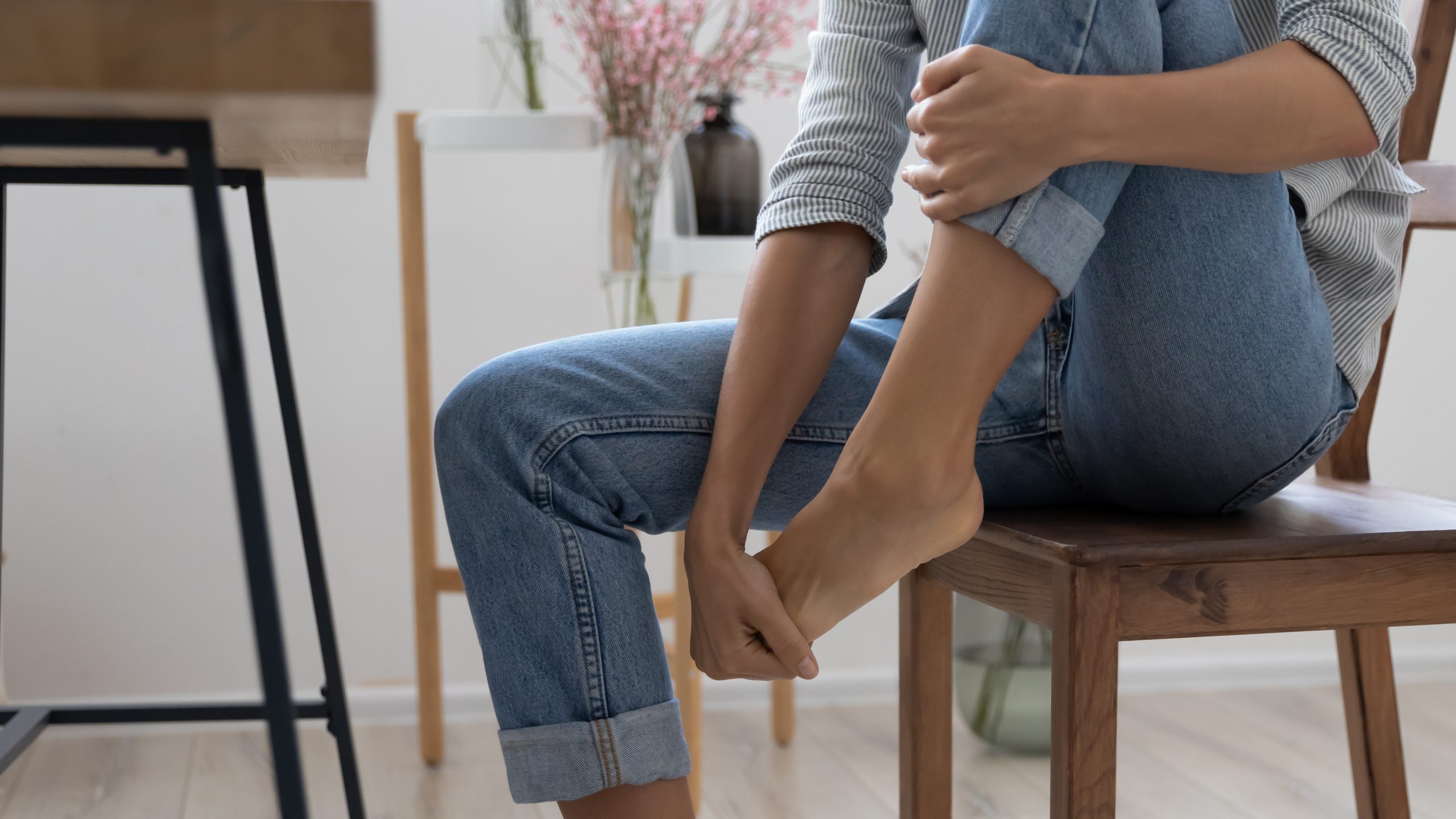
Many people experience foot discomfort without realizing what is causing it. This is frequently due to the wear of shoes that are not suited to their length, but especially to their width. We explain how to pick your shoes based on whether you have a strong or weak foot
Choosing your shoes according to size to avoid foot pain
The first step in deciding on the type of shoes that best suit you is to determine the size of your foot. Wearing the appropriate shoes is critical for your foot’s health and will help you prevent a variety of aches and pains.
Although each person’s foot form is unique, the following are the most common:
- The Greek foot: the second toe is longer than the big toe;
- The Roman foot or “square foot”: the first three toes are the same length;
- The Egyptian foot: the size of the toes decreases from the largest (big toe) to the smallest (little toe).
We also have strong (broad) and weak (narrow) feet in addition to these three types. This time, the width is more essential than the length. This is crucial to finding the right shoes and avoiding foot pain.
How do I fit my shoes if I have a strong foot?
In the forefoot and arch of the foot, the strong foot is broader than the ordinary foot. This can be caused by a variety of reasons, such as hallux valgus (bunion), or a sunken arch.
Although there are applications that can be used to identify if you have strong feet, it is advisable to contact a podiatrist or orthotist who will not only be able to establish your specific morphology, but will also be able to provide various ways to alleviate your foot discomfort.
The shape
Avoid pointed, elongated, and narrow-toed shoes if you have broad feet. They can cause a lot of discomfort and possibly distort your foot. High heels, which compress the front of the foot, are the same.
Shoes with a rounded or square toe, as well as a somewhat looser form, will be far more comfortable and will help to alleviate your foot discomfort.
The material
Instead of stiff shoes, choose materials like real leather, suede, soft canvas, microfiber, and so on. These will make a significant difference in the comfort of your feet. These will contribute in terms of flexibility and will alleviate your foot pain.
Our shoe recommendations for those with wide feet
- Consider the style of socks you will be wearing and bring them to the fitting room with you to ensure a proper fit;
- If you wear foot orthotics, remember to bring them with you;
- Try on your shoes towards the end of the day, when your feet are the most sensitive and large;
- Avoid shoes with a lot of seams on the inside, as the rubbing will eventually cause pain;
- To avoid foot pain, support is just as crucial as comfort. A light, sturdy heel, a firm counter, a strong foundation to retain the foot, and a soft, comfy toe should all be present in your shoes.
How do I fit my shoes if I have a weak foot?
The weak foot, in contrast to the strong foot, has a notably slender form, with a small heel and forefoot. If the shoes are not adjusted, this morphology can lead to repeated foot discomfort and even injury.
Our shoe recommendations for those with narrow feet
- Avoid wearing shoes with a square form since they will not keep your foot in place. Look for styles that are slimmer, more fitting, and have a nice fit;
- Add a podiatrist-designed insole for your specific foot shape. Support can also be provided by adding an additional insole or wearing thicker socks;
- Place a half insole in the front of the shoe if your heel falls out while you walk.
A shoe for every foot: how to choose the best shoes for your feet
Whether you have strong or weak feet, it is essential to wear shoes that are tailored to your needs. This will enhance your day-to-day comfort and alleviate foot pain.
If your feet continue to suffer after wearing the right shoes, schedule an appointment with one of our FootNetwork podiatrists, who will determine the best treatment options for your condition and body type.

